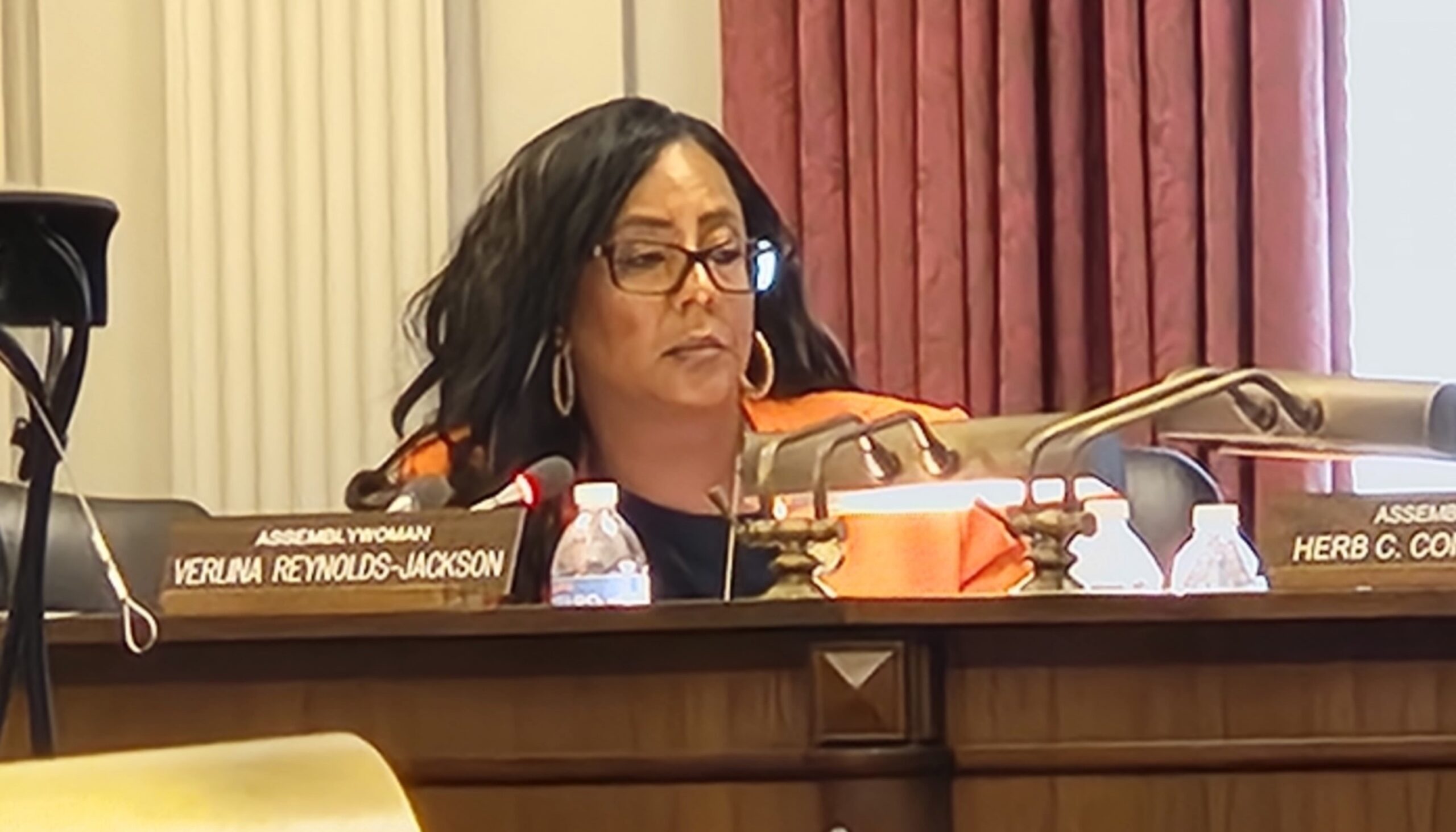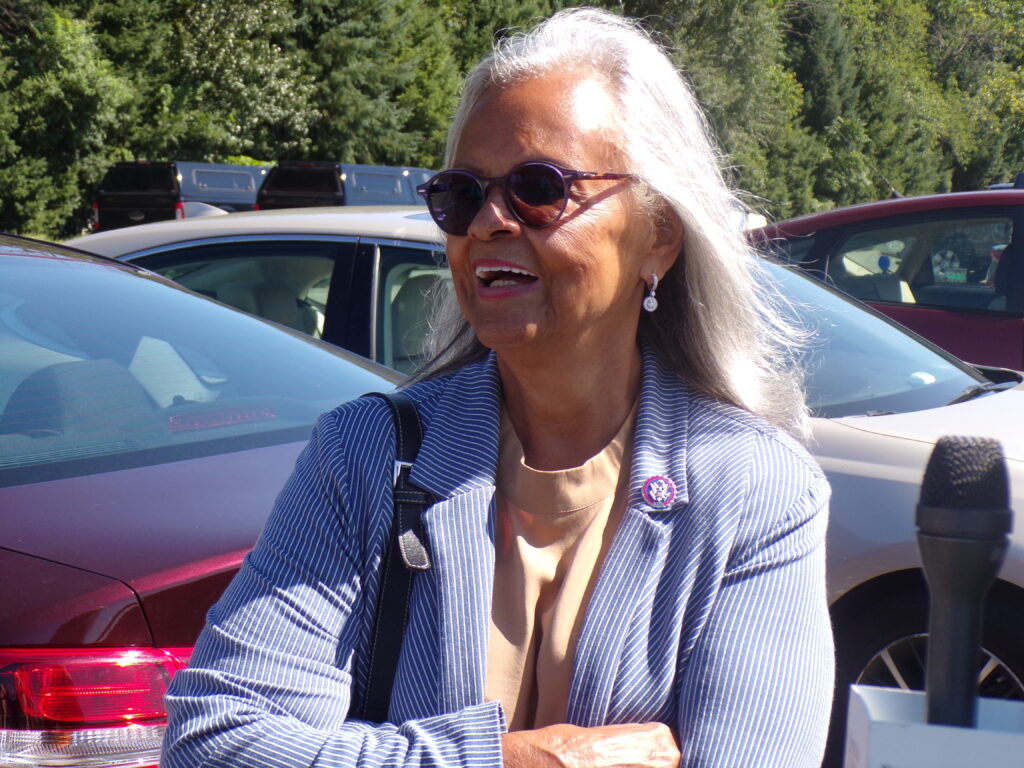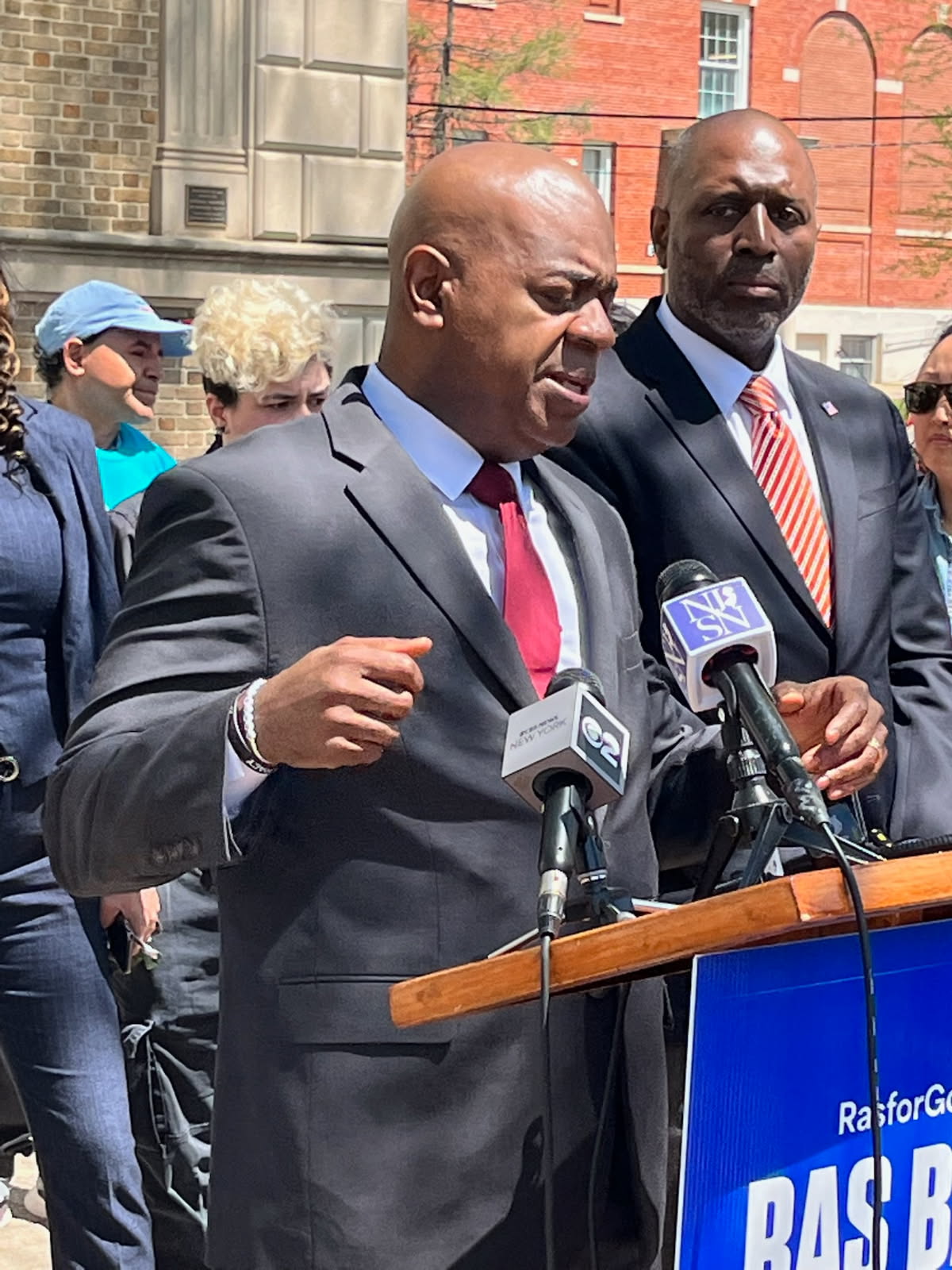
The bill honors the late civil rights leader, reverend, and U.S. Congressman John Lewis, a prominent figure in the 1965 march for voting rights. Representative Lewis, along with other activists, was brutally attacked on “Bloody Sunday,” a pivotal event that helped raise national awareness of voting discrimination and led to the passage of the Voting Rights Act (VRA) of 1965.
“As someone who has spent my career advocating for justice and equality, I am proud to sponsor the John R. Lewis Voter Empowerment Act of New Jersey. This bill is about more than laws – it’s about ensuring that every voter in a protected class has the right to cast their ballot and have it counted,” said Assemblywoman Reynolds-Jackson (D-Hunterdon, Mercer). “Congressman Lewis showed us the power of voting and the strength of our democracy, and today we carry his legacy with us through the State House halls, continuing his fight to protect that sacred right.”
Expanding on key provisions of the VRA, the legislation would reinforce the need for voter protections by requiring that all election-related statues, rules and regulations favor voter participation when interpreted. It would also address critical issues such as voter suppression, voter dilution, the preclearance process, language access, voter intimidation and violence, and the right to pursue legal action against discrimination, empowering voters who may feel disenfranchised and making sure their ballots are cast and counted without unnecessary obstacles.
“The right to vote is personal to me – it’s a right that empowers us all – and it’s a battle that we cannot lose, and through this bill we take significant action to guarantee no one is denied their right to participate in the electoral process,” said Assemblyman Wimberly (D-Bergen, Passaic). “A4083 is named in honor of the late Reverend John R. Lewis, a man whose legacy echoes through the ongoing fight for civil rights and voting equality. The bill before us today is the product of that legacy and a testament to his vision of a democracy where every voice is heard, and every vote counts.”
One of the conditions outlined in the bill would establish the need for preclearance for certain political subdivisions – such as counties, towns, school districts – that have a history of voting rights violations or have been found to violate state or federal voting laws. These areas would be required to seek approval from the Attorney General before making any changes to ensure that their election practices are fair and compliant with the law.
“People often say ‘voting is a right, not a privilege,’ but many people forget that rights, despite being enshrined in our state’s constitution, still require protection from those who seek to dismantle them,” said Assemblywoman Sumter (D-Bergen, Passaic). “In today’s political climate, where we see constant efforts to undermine access to the ballot, Bill A4083 is more important than ever. The protections this bill would offer New Jersey voters would ensure that no vote is diluted or suppressed, and that every eligible voter has an equal opportunity to participate in our democracy.”
“We must be vigilant in protecting our democracy and making sure no one is excluded as a result of discriminatory practices or outdated policies. Every constituent deserves to have their vote count equally, and just as importantly, every voter deserves the freedom to make their decision without fear of intimidation,” said Assemblyman Herb Conaway (D-Burlington). “Bill A4083 not only combats these unfair practices but also provides a clear pathway for addressing voting-related violations that come to light in the future. By introducing a preclearance process, we establish a crucial check for ensuring that any changes to voting laws or practices are carefully reviewed to prevent discrimination.”
The bill would also create the “New Jersey Voting and Elections Institute,” which would be located at a public university selected by the State Legislature. The institute would manage a central database of election and voting data, accessible to the public, from local election offices and political subdivisions across the state. Additionally, the institute would support research on current laws and best practices in voting and elections.
The Assembly Committee in New Jersey has recently approved the John R. Lewis Voter Empowerment Act, a significant step towards expanding voting rights and increasing voter participation in the state. Named after the late civil rights leader and congressman John R. Lewis, the act aims to make it easier for all eligible citizens to exercise their right to vote.
One of the key provisions of the John R. Lewis Voter Empowerment Act is the establishment of automatic voter registration in New Jersey. This means that eligible voters will be automatically registered to vote when they interact with certain state agencies, such as the Motor Vehicle Commission or the Department of Labor and Workforce Development. This will help to streamline the voter registration process and ensure that more citizens are able to participate in elections.
The act also includes measures to expand early voting opportunities in New Jersey. Currently, the state only allows for in-person early voting on a limited basis, but the John R. Lewis Voter Empowerment Act would expand early voting locations and hours to make it more convenient for voters to cast their ballots. This is especially important for individuals who may have difficulty voting on Election Day due to work or other commitments.
Additionally, the act includes provisions to improve access to voting for individuals with disabilities and limited English proficiency. This includes ensuring that polling places are accessible and providing language assistance for voters who may need it. By removing barriers to voting, the John R. Lewis Voter Empowerment Act aims to ensure that all eligible citizens have the opportunity to participate in the democratic process.
The approval of the John R. Lewis Voter Empowerment Act by the Assembly Committee is a positive development for voting rights in New Jersey. By expanding access to the ballot box and making it easier for citizens to register and vote, this act has the potential to increase voter turnout and strengthen democracy in the state. Supporters of the act hope that it will serve as a model for other states looking to improve their own voting systems and empower more citizens to participate in elections.



